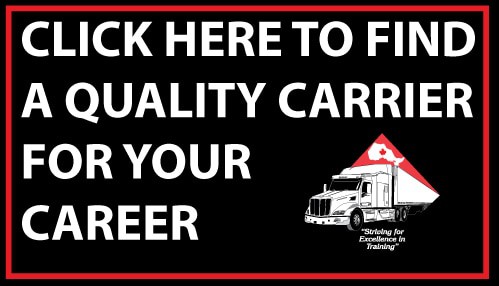Remember the days when you went to apply for a job and the employer had you sit at a desk and fill out a generic one page application? Your young hands shaking as you try to get your printing neat enough for someone else to read and your mind focused enough to remember your social insurance number. Then you reached the part where it asked for your experience and you tried to think of everything you have ever done that remotely related to the job you’re applying for. My first job was like that as I applied to a fast food restaurant where washing the dishes at home became my closest experience to working for a restaurant. I did get the job as a dish washer!
Today things are quite different. You have resumes that have to be provided in a certain format or length with background check information to be verified by the employer. Contracts are now normal and negotiating an employment contract is a regular part of the process for accepting a job. We often think of contracts as something that only happens in business or high level projects but everyday applications such as a truck driver position have to deal with contracts as well. This is important to understand because you could be agreeing to things you don’t understand or be leaving benefits on the table.
This happened to me when I went to work for a global company. I had never really dealt with employment contracts and didn’t understand that contracts were negotiable. I accepted the contract and found out later through discussions that other team members got other benefits because they negotiated them. For me it may have meant another week of vacation each year. Contracts are now a normal part of the process and it is important that you read and understand them to protect you and your benefits. You may not have to get a lawyer involved but you should know what you are signing and agreeing to so I have offered you a few basic tips below.

Read the Contract
I used to work closely with a company that was mostly owner operator based and management would relate horror stories that owner operators didn’t understand what was expected of them because they didn’t read their contracts and were then surprised when items were taken off their statements that they hadn’t agreed to. The fact was that they had agreed to it and would have known that if they had read their contract. READ EVERY WORD!
Have Someone Else Read Your Contract
Contracts have lots of legalese in them and it can be hard to understand the legal language sometimes. Always have someone else read the contract as well and if you still don’t understand it find a lawyer or paralegal to help you.
Evaluate Every Line Item
It is very hard to read contracts or other important documents on a phone or tablet. If possible always print out or receive a paper copy and go through it line by line. I like to print off a paper copy and highlight all the items to be changed and add notes in the margin of items to be reviewed with the employer. Make a spare copy for marking if you only received one as your primary copy.
Sleep On It
Never feel pressured to sign a contract on the spot. If you are asked to sign it without reading it then run. Most employers will send the contract ahead of time or send it home with you for review. Read the contract and then sleep on it overnight and read it again the next day. If you need longer because you need to get a lawyer to review it then do so and let them know you are having someone else review it. Realize that a contract can be a starting point for negotiations and doesn’t need to be looked at as the end point of an agreement unless you have signed it. Once you sign it you can’t go back and negotiate.
Contracts are becoming a normal part of business and employment processes. Understanding the benefits or issues with your particular contract application is important for success in the future. Ensure you read your contracts and all the best.

About the Author
Bruce Outridge has been in the transportation industry for over 30 years. He is an author of the books Driven to Drive and Running By The Mile, and host of The Lead Pedal Podcast for Truck Drivers. TTSAO also known as the Truck Training Schools Association of Ontario has certified member schools in the truck training vocation ensuring quality entry level drivers enter the transportation industry. To learn more about the TTSAO or to find a certified school in your area visit www.ttsao.com

